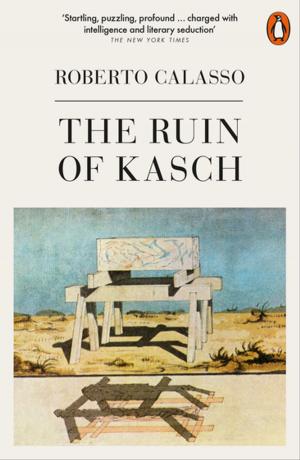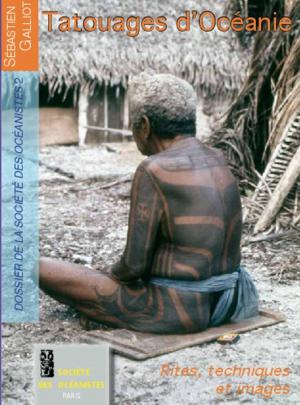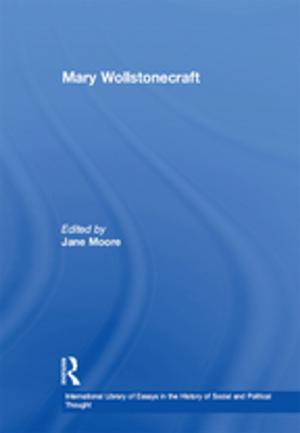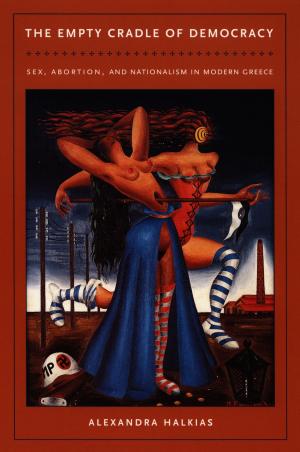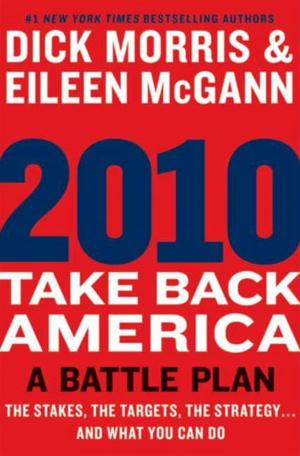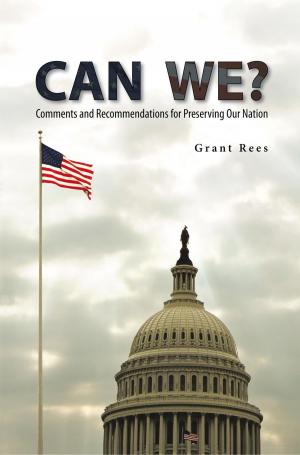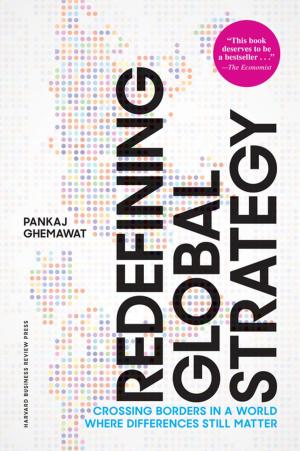| Author: | Christopher Johnson | ISBN: | 9780989121903 |
| Publisher: | Christopher Johnson | Publication: | March 18, 2013 |
| Imprint: | Smashwords Edition | Language: | English |
| Author: | Christopher Johnson |
| ISBN: | 9780989121903 |
| Publisher: | Christopher Johnson |
| Publication: | March 18, 2013 |
| Imprint: | Smashwords Edition |
| Language: | English |
We, the American family, have a problem. By our own hands, we kill as many of our own kind every month as the hijackers did just once back on 9/11. That’s thousands every single month! And the vast majority of these deaths come at the hands of family, friends, neighbors and coworkers. Not strangers. As Pogo once said, we have met the enemy and he is us.
In this book “Unsafe In Human Hands”, I try to contribute to the debate on violence and gun ownership in America by dispelling myths and sharing real research on a human level. And the data seems clear; guns pose a threat to their owners. Here are just two examples;
~Homes with guns are 12 times more likely to have household members or guests killed or injured by their own weapon than by an intruder’s weapon. (Southern Medical Journal in 2010)
~And there is a three-fold greater risk of homicide and a five-fold greater risk of suicide for residents in homes with firearms versus homes without firearms (American Journal of Epidemiology)( Johns Hopkins Bloomberg School of Public Health, 2004)
Yet despite all the evidence, there is a perception gap; 71 percent of gun owners think a gun in the house makes them more safe, compared with 23 percent of non-owners (Gallup 2005 survey). This represents an enormous failure of perception. I’m not one for legislative action since Congress doesn't seem to respond to public sentiment anymore. This is more of a public health issue anyway, requiring a comprehensive education effort. There are existing models available to follow, such as the one we used to teach that smoking causes cancer (remember how the tobacco industry fought that one?).
We need to inform the public of the risks these things pose to their families so that they can make the best choices possible. Hopefully this book can contribute to this public debate.
(100% of the author's proceeds from this book will be donated to Cure Violence, Chicago.)
We, the American family, have a problem. By our own hands, we kill as many of our own kind every month as the hijackers did just once back on 9/11. That’s thousands every single month! And the vast majority of these deaths come at the hands of family, friends, neighbors and coworkers. Not strangers. As Pogo once said, we have met the enemy and he is us.
In this book “Unsafe In Human Hands”, I try to contribute to the debate on violence and gun ownership in America by dispelling myths and sharing real research on a human level. And the data seems clear; guns pose a threat to their owners. Here are just two examples;
~Homes with guns are 12 times more likely to have household members or guests killed or injured by their own weapon than by an intruder’s weapon. (Southern Medical Journal in 2010)
~And there is a three-fold greater risk of homicide and a five-fold greater risk of suicide for residents in homes with firearms versus homes without firearms (American Journal of Epidemiology)( Johns Hopkins Bloomberg School of Public Health, 2004)
Yet despite all the evidence, there is a perception gap; 71 percent of gun owners think a gun in the house makes them more safe, compared with 23 percent of non-owners (Gallup 2005 survey). This represents an enormous failure of perception. I’m not one for legislative action since Congress doesn't seem to respond to public sentiment anymore. This is more of a public health issue anyway, requiring a comprehensive education effort. There are existing models available to follow, such as the one we used to teach that smoking causes cancer (remember how the tobacco industry fought that one?).
We need to inform the public of the risks these things pose to their families so that they can make the best choices possible. Hopefully this book can contribute to this public debate.
(100% of the author's proceeds from this book will be donated to Cure Violence, Chicago.)

